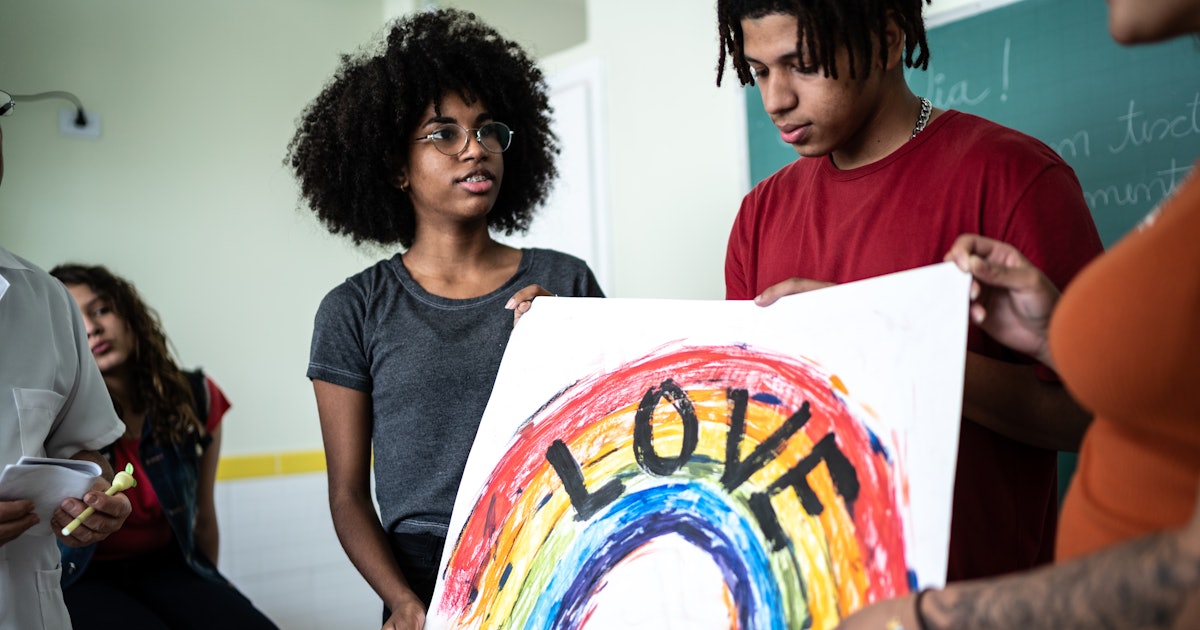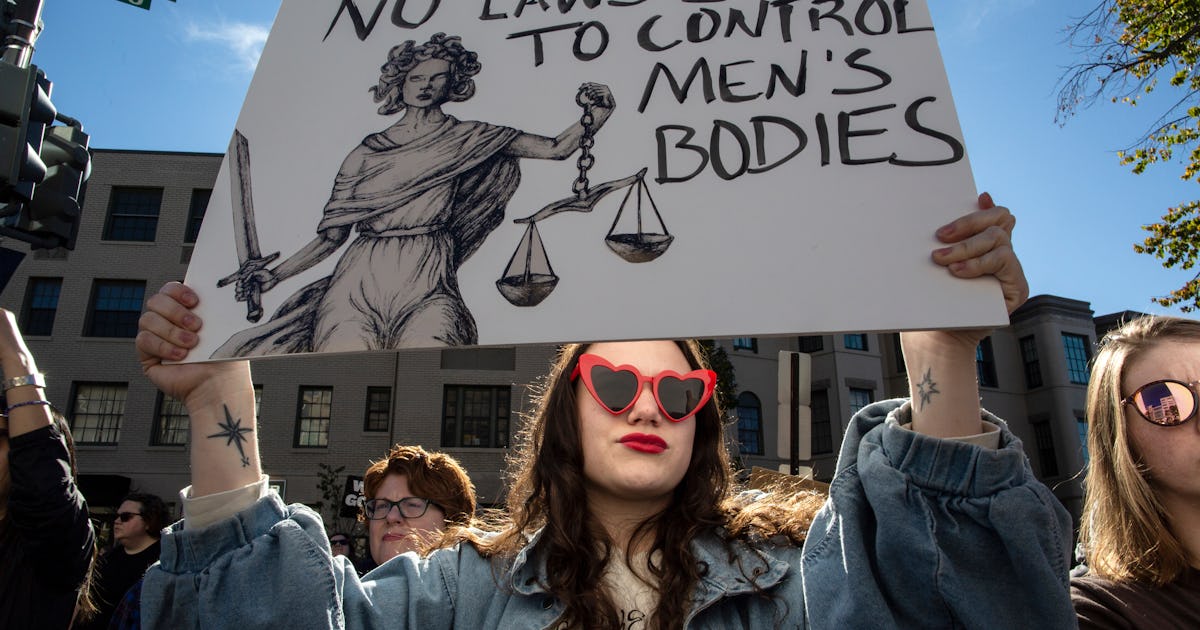Back-to-school is a scary time for many kids, and not just because of homework, tests, or algebra.
A recent study from The Trevor Project— Anti-LGBTQ+ School Policies and LGBTQ+ Young People — Increasingly common anti-LGBTQ+ policies in schools are harming the mental health of queer students, research has found.
The Trevor Project is a nonprofit organization focused on suicide prevention work for lesbian, gay, bisexual, transgender, queer, and questioning youth, reaching 18,000 people ages 13 to 24. LGBTQ+ teens were surveyed.
Examples of these policies include (but are not limited to) being prohibited from using selected names and pronouns, being disciplined for undisciplined public sentiment among non-LGBTQ+ students, being prohibited from using locker rooms that match their gender, and/or Banned from discussing or writing about LGBTQ+ topics in extracurricular activities.
Students of junior high and high school age are more likely than their older peers to attend such institutions (43%, compared with 16% of students aged 18 to 24).
Perhaps unsurprisingly, these policies appear to have a significant impact on young people. LGBTQ+ youth in schools with numerous anti-LGBTQ+ policies report having seriously considered suicide at higher rates in the past year than LGBTQ+ youth in schools with fewer policies. Students in schools without anti-LGBTQ+ policies reported even fewer suicidal ideations. Similar trends emerged among students experiencing anxiety, depression, and suicide attempts: The more anti-LGBTQ+ policies there were in a school, the worse LGBTQ+ students performed.
Negative outcomes aren’t just a matter of an individual’s mental health, either. Even the presence of an anti-LGBTQ+ school policy (or policies) is associated with higher rates of several types of anti-LGBTQ+ experiences in schools, such as verbal harassment, being physically assaulted because people identify as LGBTQ+, and experiencing negative Sexual encounters are welcomed because people identify as LGBTQ+, disciplined for fighting back against bullying, and expelled from school for anti-LGBTQ+ abuse.
It appears this is a problem that is only going to get worse.
The American Civil Liberties Union (ACLU) is currently tracking 527 anti-LGBTQ+ bills across the United States. By 2024, only nine states have yet to introduce such legislation.
Likewise, the Trans Legislation Tracker, an independent research organization that tracks bills affecting transgender and gender diverse people across the United States, highlighted how anti-trans legislation has steadily increased since 2015.
Not only is 2024 the most legislative year yet, but of the 642 bills they’ve tracked across the country so far, 196 are education-related, making up the majority of the total. While not all of these bills have passed the introduction stage, and many have been defeated, the significant year-on-year increase shows that these attacks on LGBTQ+ youth are an issue that must continue to be considered.
The report highlights that, as of July 2024, seven states have laws in place to review discussions of LGBTQ+ people or issues in all school curricula, six require advance notice and parental permission to discuss such issues, and Four states have laws restricting “homosexual” behavior. Half of the states have no policies in place to protect LGBTQ+ students from bullying, and two states have even enacted laws prohibiting any such protections for queer children.
However, this report is just the latest in a series of studies and significant anecdotal evidence that highlight the significant impact such protection – and the cessation of hostilities – have on young people’s lives .
However, until the Legislature can enact positive social change, The Trevor Project provides educators and administration with resources to make schools more affirming and less hostile places for LGBTQ+ young people, including “Your School Is LGBTQ Affirming? Checklist, a guide to creating safer spaces in schools for LGBTQ young people, and a guide to allyship and suicide prevention for gender non-conforming and bisexual youth.




